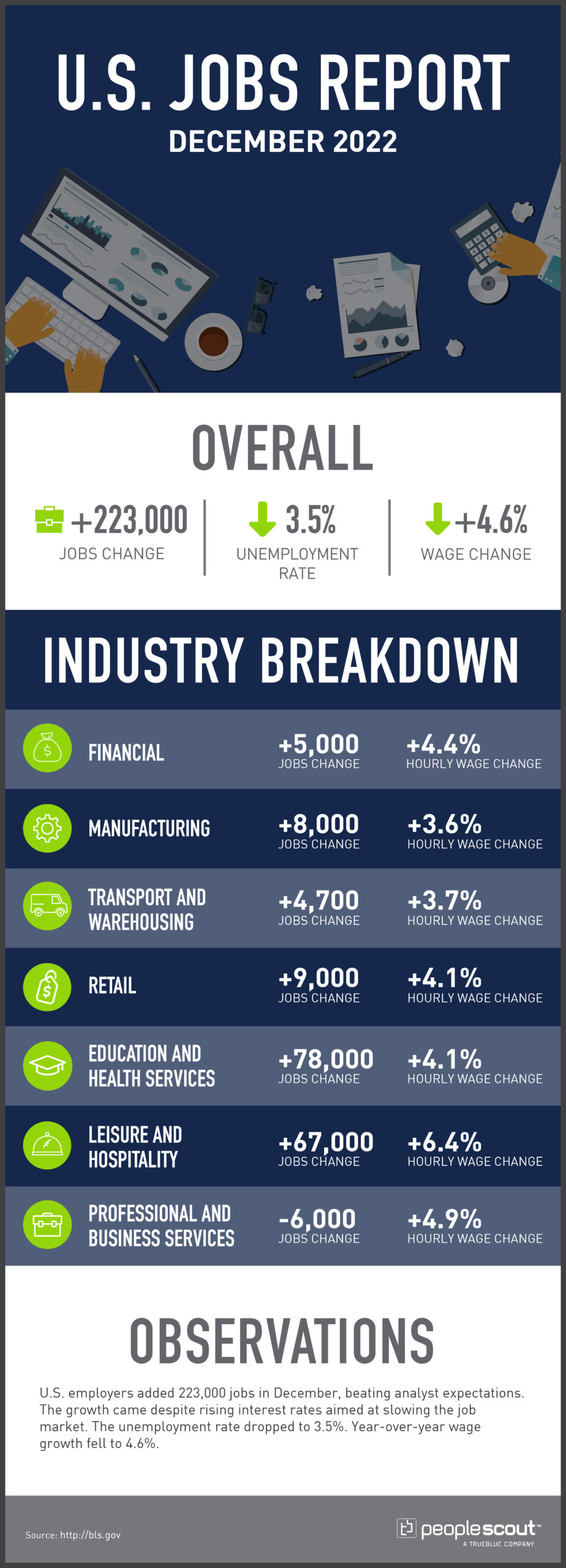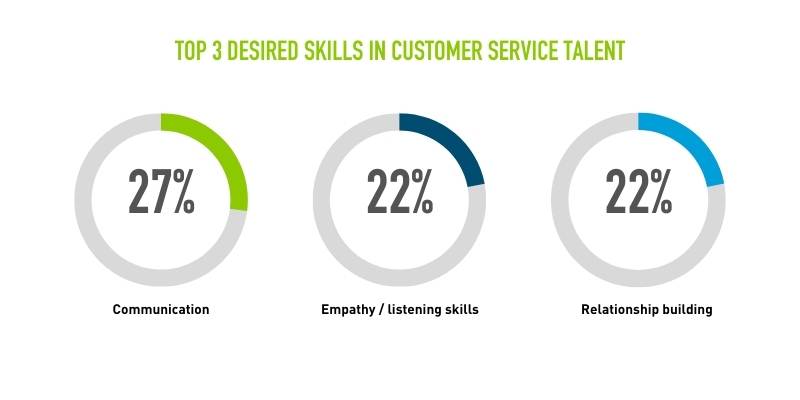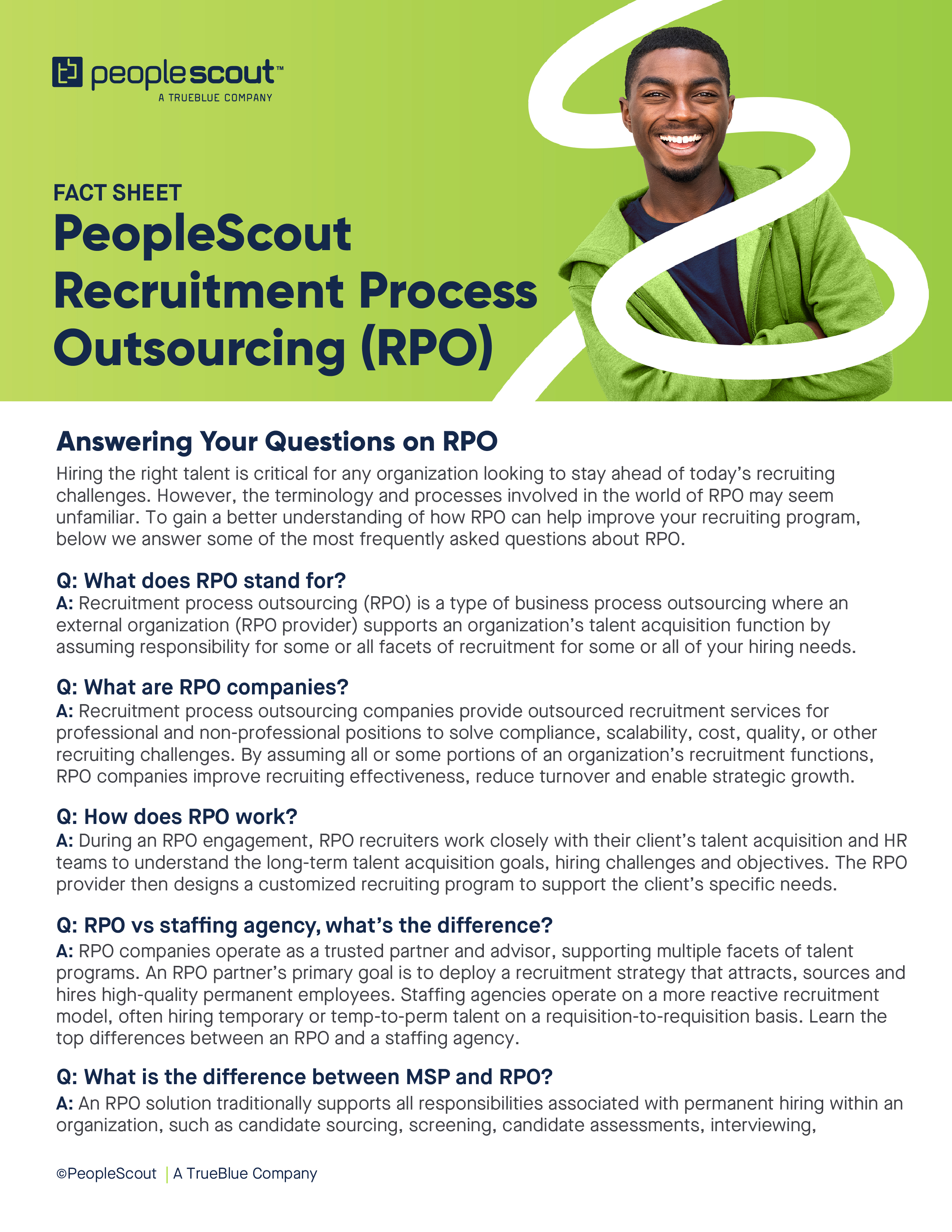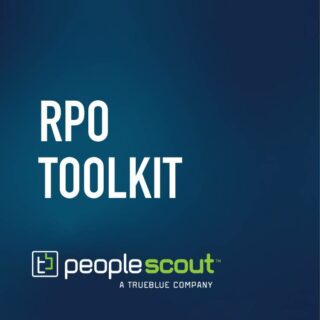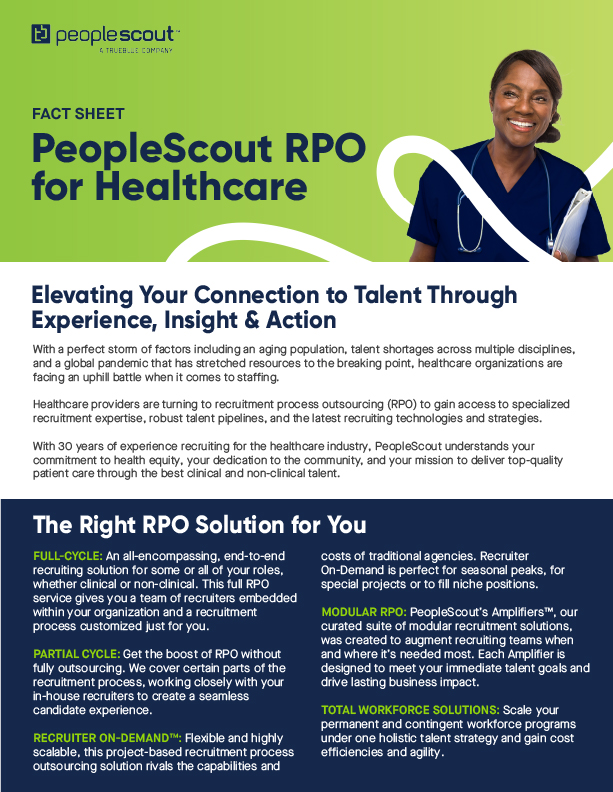Competition for talent is steep, with high demand from contact centers, hospitality, retail, security, travel, logistics, healthcare and even government entities. In fact, 65% of companies have high-volume recruitment needs. Organizations across sectors are struggling to stand out in today’s competitive talent landscape, but for those talent leaders trying to meet their high-volume recruitment goals it feels like an impossible mission with soaring attrition rates, labor shortages and record job vacancies.
In this article, we’ll explore some of the top challenges you’re probably experiencing with high-volume recruitment and offer some ideas to address them.
What is High-Volume Recruitment?
High-volume recruitment involves sourcing, screening, interviewing and hiring large numbers of applicants for similar openings or job types. It requires a tricky balance of keeping substantial quantities of job applicants moving through the recruitment process at speed. Plus, throughout the year it requires talent acquisition teams to scale up quickly to meet seasonal demand, like for holiday shopping periods or during peak travel times.
ebook
9 Strategies for Solving High-Volume Hiring Challenges
The High-Volume Hiring Landscape
COVID-19 was a mixed bag for high-volume recruitment. Retail and logistics workers were less severely impacted by furloughs and layoffs due to the “front line” status of grocery stores and the growth in online shopping. However, other industries, including the travel and hospitality sectors, were hit hard as lockdown came into force.
The following trends are shaping the high-volume recruitment landscape:
- Increased Competition:
Job openings have grown by a third since 2019, yet job seekers per opening have fallen by half. Plus, hourly employees who were let go during the pandemic may feel resentful of their former employers and may have moved on to other roles in other sectors.
- Recruiters are Rare:
As of April 2021, recruiter job postings on LinkedIn surpassed pre-pandemic levels. There’s a record number of roles to be filled and not enough recruiters to tackle the work, creating a series of knock-on effects for organizations.
- Attrition is Skyrocketing:
A massive 41% of the global workforce is considering quitting their jobs and only 20% report feeling engaged at work. In a recent survey, 55% of hiring managers cited retention and turnover as the number-one issue impacting their ability to hire—and their company’s ability to thrive.
- Candidate Expectations Have Changed:
Modern candidates have modern expectations which are more aligned with today’s consumer experience. They want digital-first experiences—on their mobile phone—and fast responses. In fact, they expect acknowledgement of their application immediately upon submission, first contact from a recruiter within 24 hours and regular updates on the hiring process in a timely manner.
High-Volume Recruitment Challenges and Solutions
In this challenging landscape, how can employers stand out from the competition and attract a large number of candidates quickly without sacrificing quality?
We’ll tackle three of the top challenges below and offer strategies you can use to get ahead.
Challenge: Ghosting and Candidate Drop Off are Rampant
“Ghosting”—not showing up with no reason given and often no communication from the candidate—is on the rise at the interview, assessment and even onboarding stages. According to an Indeed survey on ghosting in the workplace, 22% of candidates say they have accepted a job offer but didn’t show up for the first day of work.
Many organizations are not prepared to support the current pace of hiring. Candidates are much less tolerant of long recruitment processes and pauses in communication from employers, so organizations who can move the fastest are more likely to have their offers accepted. Plus, those doing high-volume recruitment are seeing an increase in candidates dropping out of the funnel even in the application phase. If applying for a position is too complicated or too long, candidates won’t complete it. Online applications with 45 or more questions have an abandonment rate of nearly 90%.
Solution:
An RPO partner can help you evaluate your recruitment processes and identify opportunities for efficiency. They may suggest steps you could eliminate or combine and introduce tactics to help reduce the time between steps to help you keep pace with candidate expectations and reduce ghosting. They can also take over time-consuming steps like reference verification and background checks, leaving your team to focus on moving candidates through he funnel faster.
RPO providers also have access to the latest talent acquisition technology which can automate parts of your process. Leveraging CRM technology enhanced by artificial intelligence (AI), your RPO partner can nurture candidates through automated recruitment emails and even SMS messages. Texting is also a great way to screen candidates and automate interview scheduling, eliminating manual steps and accelerating your hiring timeline. By automating some of your candidate communications, you keep candidate engaged and reduce funnel drop off without increasing the workload for your recruiters and hiring managers.
Challenge: Desperation to Fill Vacancies Results in Reduced Quality-of-Hire
Increased attrition from the Great Resignation is leading to productivity loss. Many businesses have been forced to close stores due to lack of staff or because they don’t have enough staff to assist customers in a timely manner—in-store, in-branch or in the call center. The customer experience suffers which results in decreased sales and revenue loss, leading to some talent acquisition teams and hiring managers making bad hires out of desperation to fill vacancies.
With tight competition, time-to-offer has become a competitive differentiator. Often hiring managers may skip some interview or assessments steps in order to speed up their processes and keep talent in the funnel, leading them to compromise on quality-of-hire. Candidate without the right skills can also impact your customer experience.
Solution:
Challenge your assumptions or your hiring managers’ assumptions about the type of skills and background that are really needed for your roles. This will help you understand what experience is necessary for talent to have coming into the role and what can be learned on the job. We did this for one of our high-volume RPO clients that was struggling to hire for customer service roles. By interviewing their most successful customer-facing employees, we helped the brand realise that past customer service experience was not a predictor of future success, but rather employees stressed the amount of problem solving they had to do in their daily tasks. Not only did this expand their pool of talent, but it also helped to increase the quality of their hires and reduce attrition.
To support this, you should also rethink your candidate assessment so that it evaluates not just hard skills, like the ability to use a point-of-sale system, but also soft skills like empathy, attitude and work ethic, which are increasingly important for high-volume hiring. At PeopleScout, we’ve developed our whole person assessment model specifically for high-volume hiring. Through this we’ve helped many organizations create an assessment process that can identify and excite great candidates without extending their recruitment timeline.
Challenge: Leaning on Hiring Managers to Recruit is Leading to Burnout
With recruiters in short supply, hiring managers are picking up the slack in order to fill their vacancies. Unstructured, ineffective hiring processes and weak employer brands are putting the burden of attracting candidates and creating positive candidate experiences squarely on the hiring manager. The pressure only increases as they miss business targets due to lack of staff. In fact, 84% of hiring managers say they have hit or have come close to burnout because of hiring for their organization.
Solution:
A high-volume RPO solution helps augment your resources by acting as an extension of your in-house team. An RPO provider can handle everything at scale from sourcing and pipelining, screening, interviews, assessments, reference checks, offer management and more—whatever you need to free up your in-house recruiters and hiring managers to focus on more high-value tasks. Plus, RPO partners have particular focus on keeping hiring managers informed—whether it be ensuring they’re prepared for interviews or delivering feedback from candidates afterwards.
One of the biggest value-adds that RPO brings is experience with the latest talent technology innovations. An RPO partner can help you assess talent acquisition software to address all aspects of your recruiting process, from sourcing talent to creating a more efficient candidate experience. Your provider can show you how emerging technologies like AI, machine learning and predictive analytics can boost your speed and hire quality. Your hiring managers will love not having to spend so much time on administrative tasks.
Conclusion
The current talent market can’t be conquered with your old talent acquisition strategies. A high-volume RPO solution offers a range of approaches to help organizations attract, process and hire a large number of candidates. Whether you need to revamp your employer brand or to augment your in-house recruitment team, an RPO partner can help crank up your high-volume recruitment program.
